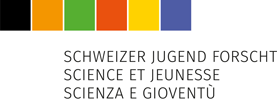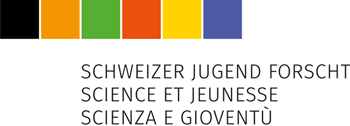International Swiss Talent Forum
For young people between 18- 23 years – Participation on invitation only!
Find novel and thought-provoking ideas around “building a resilient society”. It’s a chance for you to contribute to shaping the future of your generation. Develop new ideas with your group of international participants in our for you free event. Be part of the next International Swiss Talent Forum in February 2023 and join five exciting days with students from all over the world.
Five exciting days in a lavish camp – it’s your turn to find globally relevant solutions.
“The ISTF experience has been nothing short of amazing. The programme has well achieved a fine balance between the provision of information and the opportunity for creativity. It has been an intellectually stimulating and personally fulfilling experience.”
Cassandra, Singapore
Get inspired
Main partners




Fonds Verena-Guggisberg













